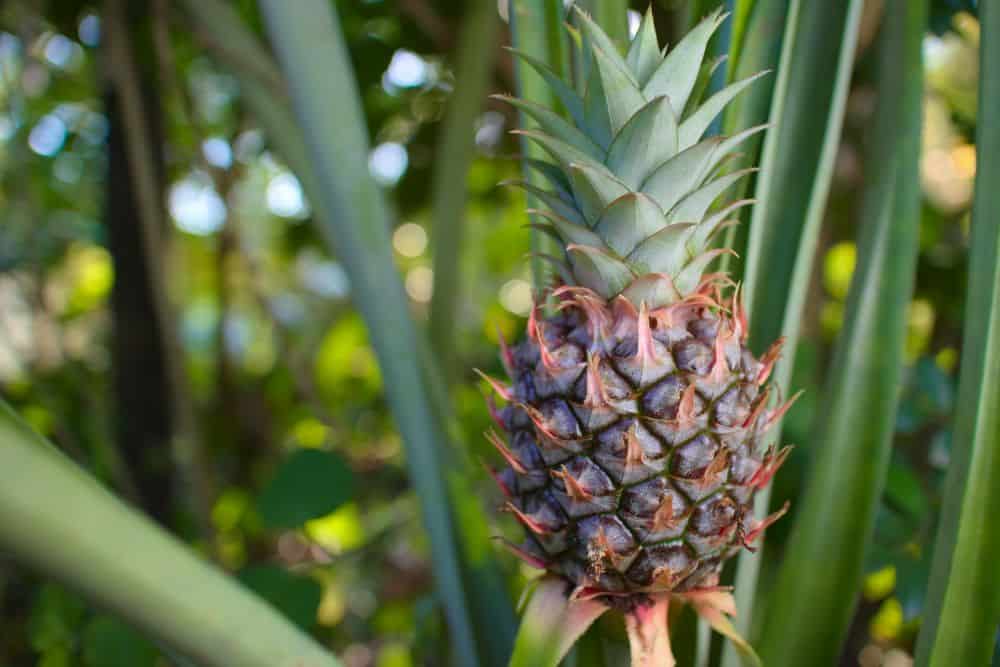
[Image above] Credit: Jeff Jackowski, Flickr (CC BY-NC-SA 2.0)
While we often associate sunburn and its risks with summer, skin damage from solar radiation is a year-round concern. That is why sunscreen is needed in all seasons, though in the United States, our choices for protection are much more limited than elsewhere.
Sunburn is not only a concern for humans. Sunburn in fruits and fruiting vegetables is a big concern for farmers because it affects the food’s marketability.
Shade is the main defense farmers have to protect fruit from sunburn. However, when events such as storms or immoderate pruning cause damage to the good leaf cover in canopies, it puts the fruit at risk of excessive sun exposure. While artificial shading is an option, it is not practical for large acreages.
For sunburn protection at a field scale, use of spray-on films can reduce or eliminate sunburn. These spray-on films, which typically are based on kaolin clay, calcium carbonate, or talc, leave a white particle film on the fruit that must be washed or brushed off at harvest.
The budding field of nanotechnology has allowed for the production of calcium carbonate nanoparticles that, when used as a spray-on film, do not cause residual stains on the fruit surface. Thus, “fruit quality may benefit from nanotechnology development,” researchers write in a recent paper.
The researchers come from São Paulo State University and Santa Clara Agrociência Industrial Ltd. in Brazil. In their paper, they tested the potential of spray-on calcium carbonate nanoparticles to protect pineapples from sunburn. (They chose pineapples because these fruits, which are mainly grown in tropical regions, are at high risk of excessive sun exposure.)
The experiment took place in the municipality of Severínia, Brazil, with pineapple seedlings of the cultivar “Pérola” (the most consumed pineapple variety in Brazil). Two sprayings were made with the calcium carbonate nanoparticles during the vegetative growth phase. Pineapples were harvested in the final stage of ripening for evaluation.
The researchers found that, compared to untreated fruit, pineapples treated with the nanoparticles had a darker peel color and a lower level of yellowing on the peel and the pulp, indicating decreased solar radiation damage.
The treated pineapples were also firmer than the untreated ones, which the researchers attribute to the calcium reacting with pectic acid to form pectates that preserve the cell membrane permeability characteristics. Additionally, the application of calcium carbonate nanoparticles led to an increase in sugar content and decrease in organic acids, providing desirable fruit flavor characteristics.
Based on these results, “The spraying of calcium carbonate nanoparticles on pineapple fruit was effective to control fruit sunburn … [and] may be a new strategy to improve fruit quality with sustainability as it does not harm the environment and can also reduce losses during commercialization,” the researchers conclude.
The paper, published in South African Journal of Botany, is “Spraying of calcium carbonate nanoparticles on pineapple fruit reduces sunburn damage” (DOI: 10.1016/j.sajb.2022.04.004).
